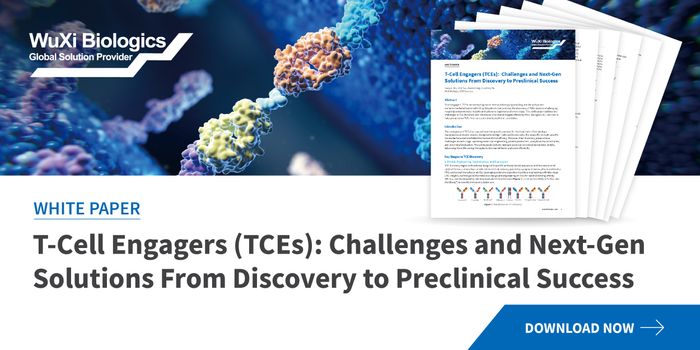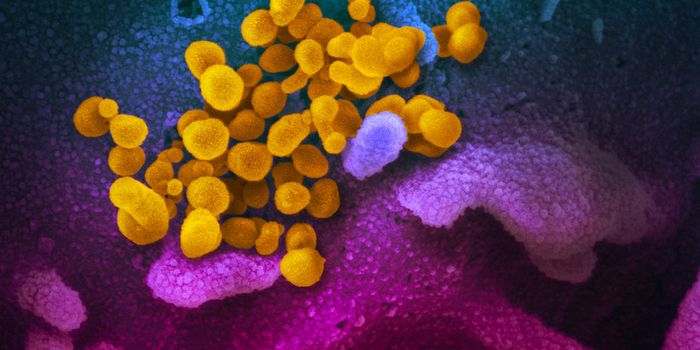Stress During Pregnancy Linked to Negative Emotions in Infants
Stress during pregnancy can have long lasting effects and can impact emotional and physical development in children. Past studies have shown that high cortisol levels during pregnancy can impact the development of the amygdala, part of the brain thought to regulate emotion.
High levels of stress during pregnancy have also been shown to have impacts on temperament in children. This is thought to be a result of the brain being highly neuroplastic during development, meaning that it is highly susceptible to modifications as a response to experience.
Though associations between stress and development are clear, researchers are uncertain what level (or pattern) of stress has a negative impact on development. One reason for this uncertainty is that past studies have typically examined prenatal stress at a single point in time.
New research published in the journal Infancy seeks to begin to unravel this uncertainty by benchmarking prenatal stress over a 14-week period with up to four assessments per day. This study examined 72 pairs of mothers and infants in the United States.
Lead study author Leigha MacNeill adds that “research often examines stress as a static, unchanging construct—one that is either high or low, present or absent—but most of us have a lot of ebbs and flows in our stress depending on what is going on around us.”
The researchers first had mothers report their stress levels and patterns over 14 weeks. They also assessed the infants for symptoms of stress, anger, and fear at 3 months of age. They also took into account whether these events occurred before or during the pandemic to determine whether this event had an impact on prenatal stress.
Though the researchers did not find evidence of pandemic-related differences in stress, their results provide some initial evidence that higher levels of stress during pregnancy are related to negative affect in infants.
“There may be something about that gestational experience, when a mother moves between extremes, that shapes the child’s disposition toward negative emotions,” MacNeill said.
Sources: Proceedings of the National Academy of Sciences, Journal of the American Academy of Child & Adolescent Psychiatry, Infancy








